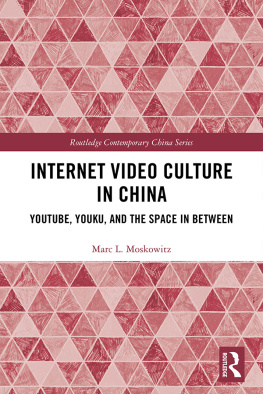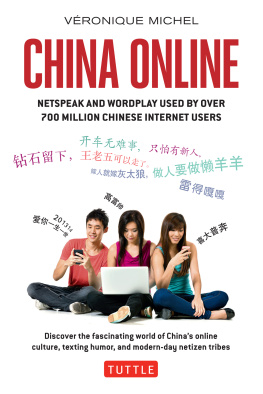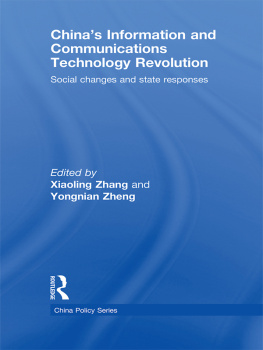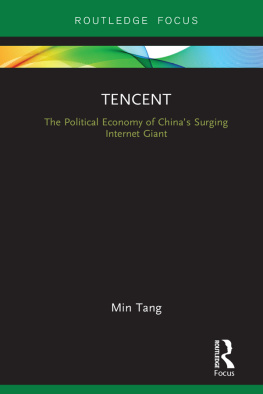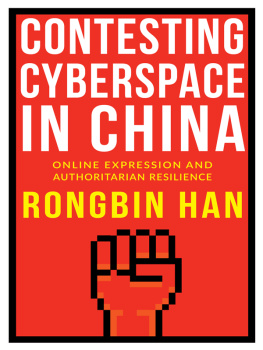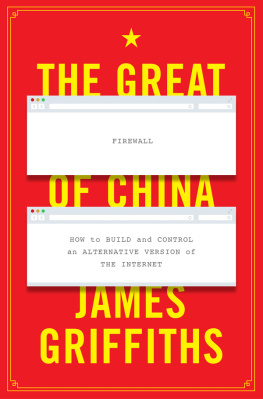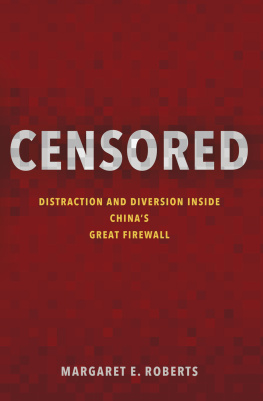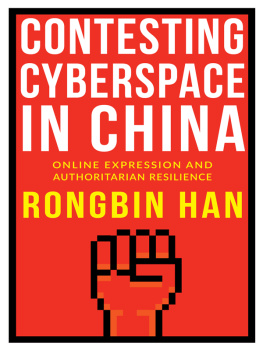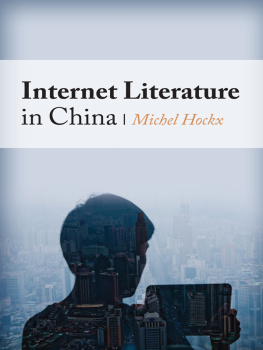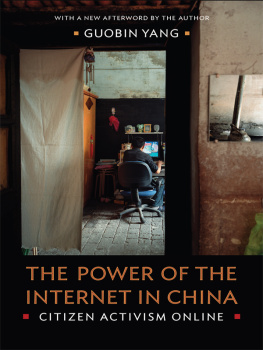
Cyberdualism in China
Internet usage in China has recently grown exponentially, rising from 59 million users in 2002 to 710 million by mid-2016. One in every two Chinese has currently been exposed to the Internet. This upsurge has made political communication among citizens and between the government and citizens less costly and almost instantaneous in China. Despite these advances, scholars are only beginning to understand and systematically explain the ways in which increased Internet exposure may affect behavior and values of Chinese netizens. Can the Internet help liberalize Chinese society due to its innate pluralism? Has the Internet become an efficient tool assisting the ruling elite to remain in power, given the tendency of Internet service providers and users to be easily manipulated by the Chinese state?
This book addresses these questions by focusing on the most digitally embedded segment of Chinese population university students. Using survey evidence from more than 1200 observations, data confirm that Internet exposure to information generated by fellow netizens promotes democratic orientation, enhances political resistance to indoctrination, and boosts popular nationalism. However, exposure to government-managed websites encourages regime support and, at a less significant level, decreases democratic orientation and elevates official patriotism. People who perceive the Internet as a tool enhancing the vertical communication between the Chinese government and netizens tend to be patriotic and supportive of the regime. Building upon quantitative evidence, this book draws a nuanced picture of Internet exposure and its political implications.
Shiru Wang is Research Associate at Hong Kong Institute of Asia-Pacific Studies, The Chinese University of Hong Kong.
Routledge Contemporary China Series
162 Globalization and Welfare Restructuring in China
The Authoritarianism That Listens?
Huisheng Shou
163 Reconfiguring Class, Gender, Ethnicity and Ethics in Chinese Internet Culture
Haomin Gong and Xin Yang
164 Gender and Employment in Rural China
Jing Song
165 Migration in Post-Colonial Hong Kong
Edited by Susanne Y P Choi and Eric Fong
166 Popular Politics and the Quest for Justice in Contemporary China
Susanne Brandtstdter and Hans Steinmller
167 Cyberdualism in China
The Political Implications of Internet Exposure of Educated Youth
Shiru Wang
168 Political Mobility of Chinese Regional Leaders
Performance, Preference, Promotion
Liang Qiao
169 Civilising Citizens in Post-Mao China
Understanding the Rhetoric of Suzhi
Delia Lin
First published 2017
by Routledge
2 Park Square, Milton Park, Abingdon, Oxon OX14 4RN
and by Routledge
711 Third Avenue, New York, NY 10017
Routledge is an imprint of the Taylor & Francis Group, an informa business
2017 Shiru Wang
The right of Shiru Wang to be identified as author of this work has been asserted by her in accordance with sections 77 and 78 of the Copyright, Designs and Patents Act 1988.
All rights reserved. No part of this book may be reprinted or reproduced or utilised in any form or by any electronic, mechanical, or other means, now known or hereafter invented, including photocopying and recording, or in any information storage or retrieval system, without permission in writing from the publishers.
Trademark notice: Product or corporate names may be trademarks or registered trademarks, and are used only for identification and explanation without intent to infringe.
British Library Cataloguing-in-Publication Data
A catalogue record for this book is available from the British Library
Library of Congress Cataloging-in-Publication Data
A catalog record for this book has been requested
ISBN: 978-1-138-21804-8 (hbk)
ISBN: 978-1-315-43857-3 (ebk)
Typeset in Times New Roman
by Apex CoVantage, LLC
This book is dedicated to my son, who is the most beautiful thing that has ever happened to me and who redefines me.
Upon graduating with my PhD, I worked at the University of Hong Kong (HKU) as a postdoctoral fellow. My supervisor, Prof. Gerard Postiglione, generously granted me great autonomy that most postdoctoral fellows in Hong Kong academic institutions were not entitled to. I became interested in the Internet usage of university students, the future elite of China. The Internet penetration in China started to gain momentum around the mid-2000s and increased rapidly afterward, especially among educated young elite. Sharing the same curiosity with many others, I wondered whether this increasingly salient development exhibits any systematic effect on individual Chinese and the political system.
With an HKU research grant, I conducted a survey among university students, from which data used in this book originated. To solely manage a large-scale survey was an amazing experience for a fresh graduate who had only conducted research with a team. I had figured that this project would be a rather lonely journey, but thanks to a number of colleagues and friends, as well as my family, I did not feel that way.
On top of my thank-you list is Prof. Postiglione. As a supportive and generous mentor, Prof. Postiglione helped me in every possible way, not only with this project, but also with other matters. I deeply appreciate the warm welcome and heartfelt encouragement he has given me. Along with his wife, Prof. Zhang Li-fang, they immediately eased my anxiety as a newcomer to Hong Kong and HKU.
Another great life mentor of mine, Prof. Deborah Davis, who I have known for more than a decade, read and commented on an excerpt of this book. As always, her insights enlightened me.
I extend my gratitude to my friends and colleagues, Prof. Pierre Landry, Prof. Gong Ting, Dr. Kang Yi, Dr. Ling Minhua, and Mr. Jiang Niantao, and to the two anonymous reviewers of my book proposal. Their comments on either the entire project or specific issues were substantially helpful. I am grateful toward my two research assistants, as well as the survey teams, for their wonderful work. I also want to thank HKU and the City University of Hong Kong for their financial and other support during my research.
Finally, I want to thank my parents who gave up their leisure time and helped me take care of my newborn child so that I could concentrate on my writing. There would not be this book if not for them.
1
Understanding the Internet
Introduction
Internet usage in China has recently grown exponentially, rising from 59 million users in 2002 to 710 million by mid-2016 (China Internet Network Information Center [CNNIC], July 2016). One in every two Chinese has currently been exposed to the Internet. This upsurge has made political communication among citizens and between the government and citizens less costly and almost instantaneous. Despite these advances, scholars are only beginning to understand and systematically explain the ways in which increased Internet exposure may affect behavior and values of Chinese citizens. Can the Internet help liberalize Chinese society due to its innate pluralism? Has the Internet become an efficient tool assisting the ruling elite to remain in power, given the tendency of Internet service providers and users to be easily manipulated by the Chinese state?


